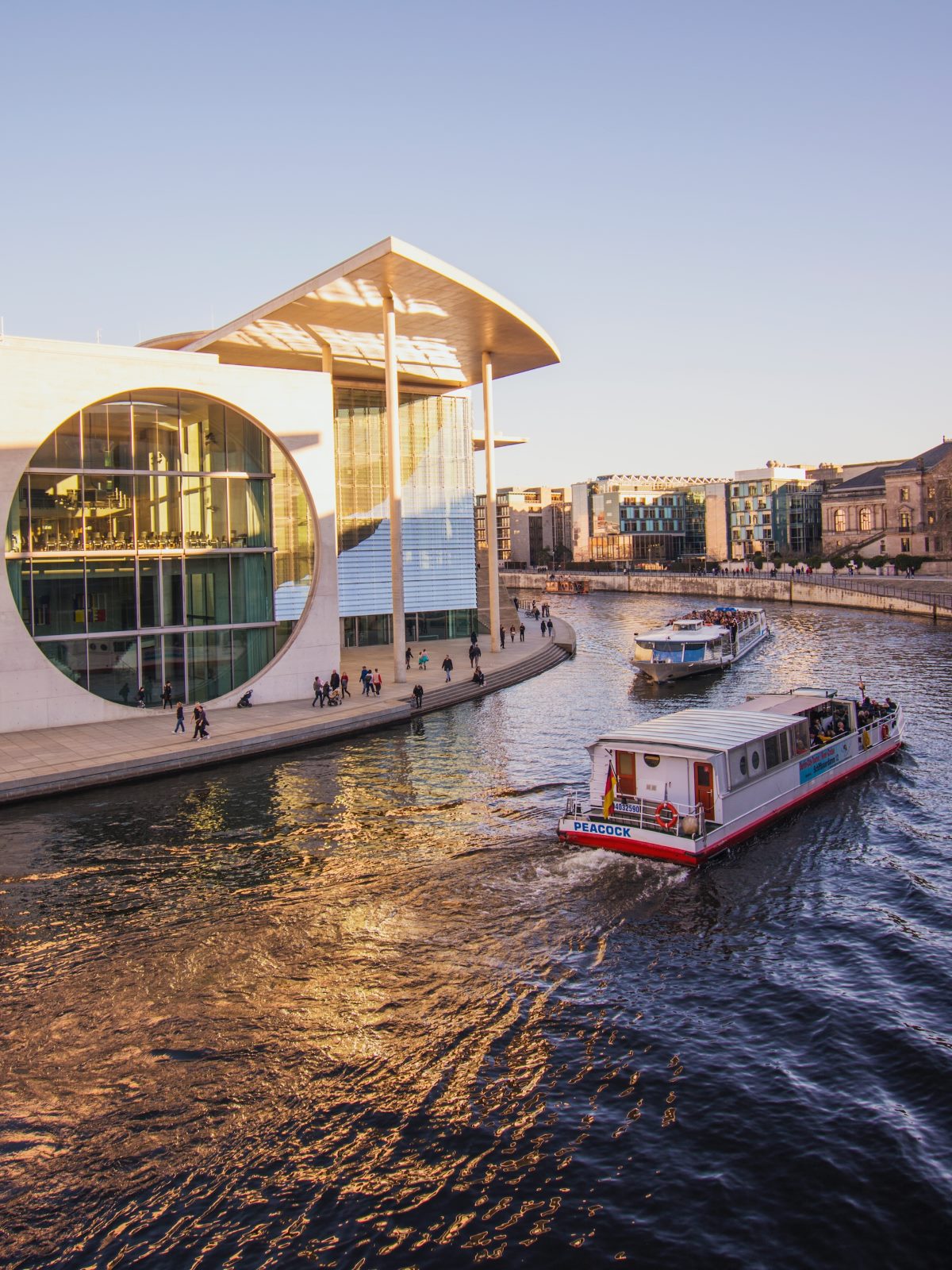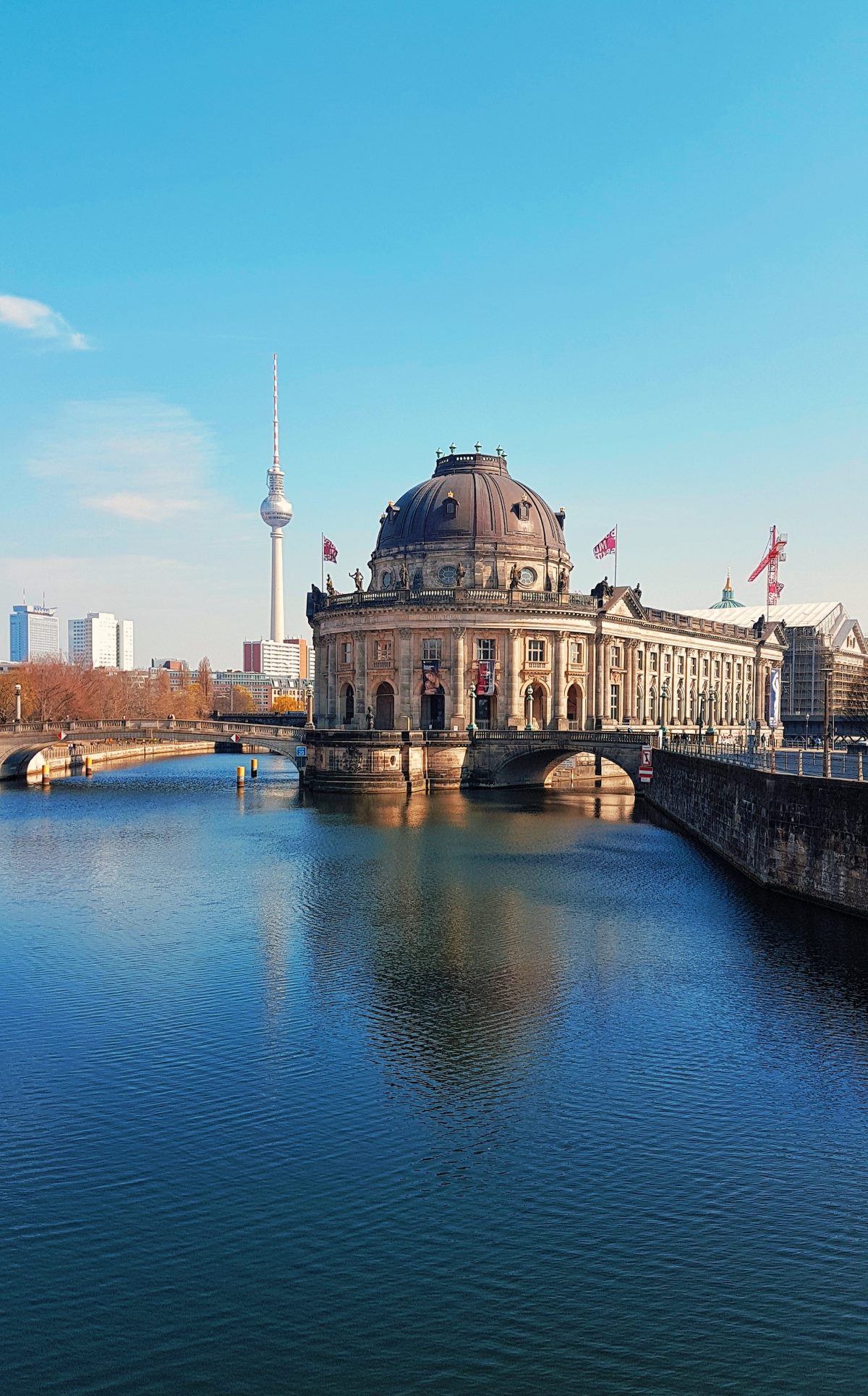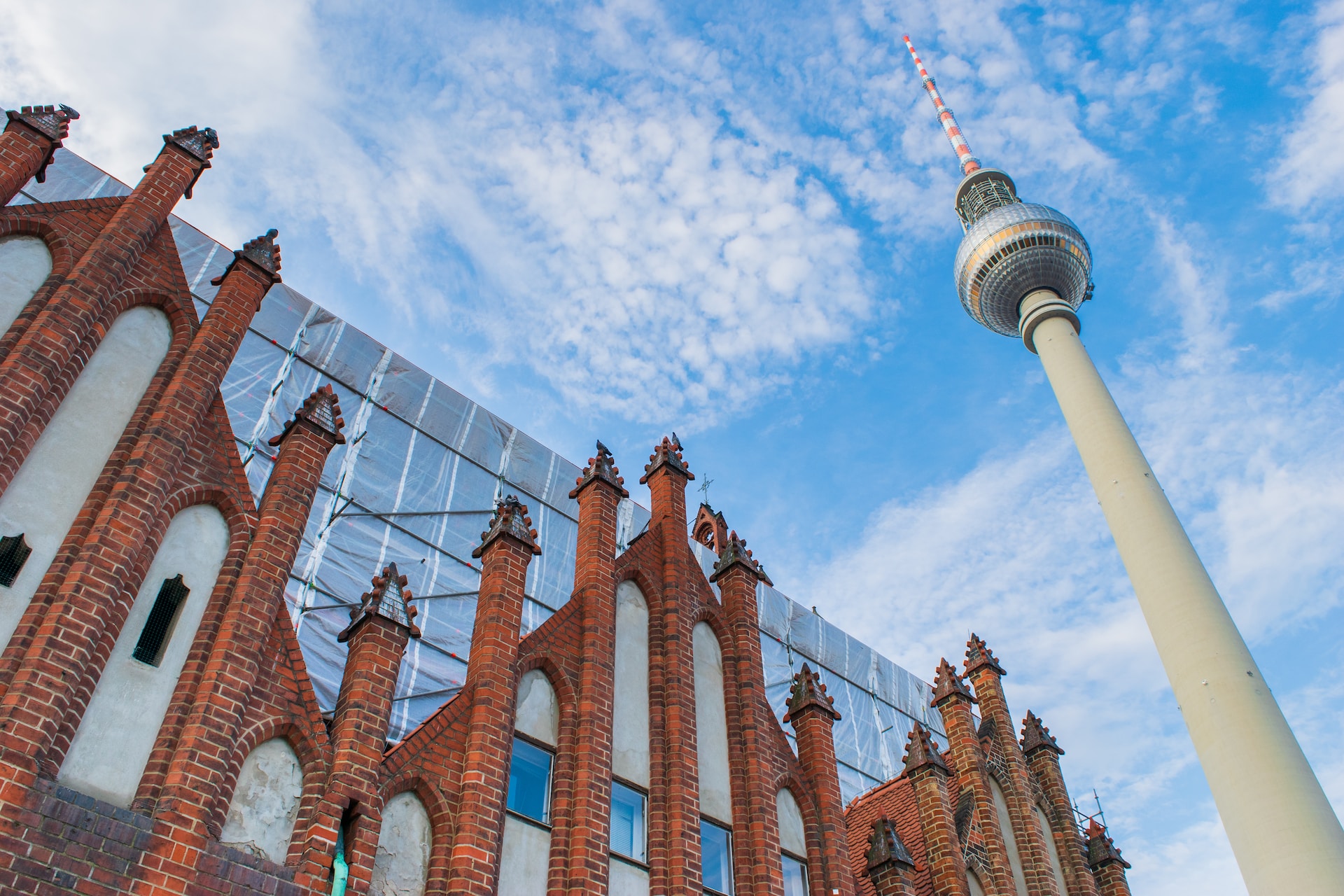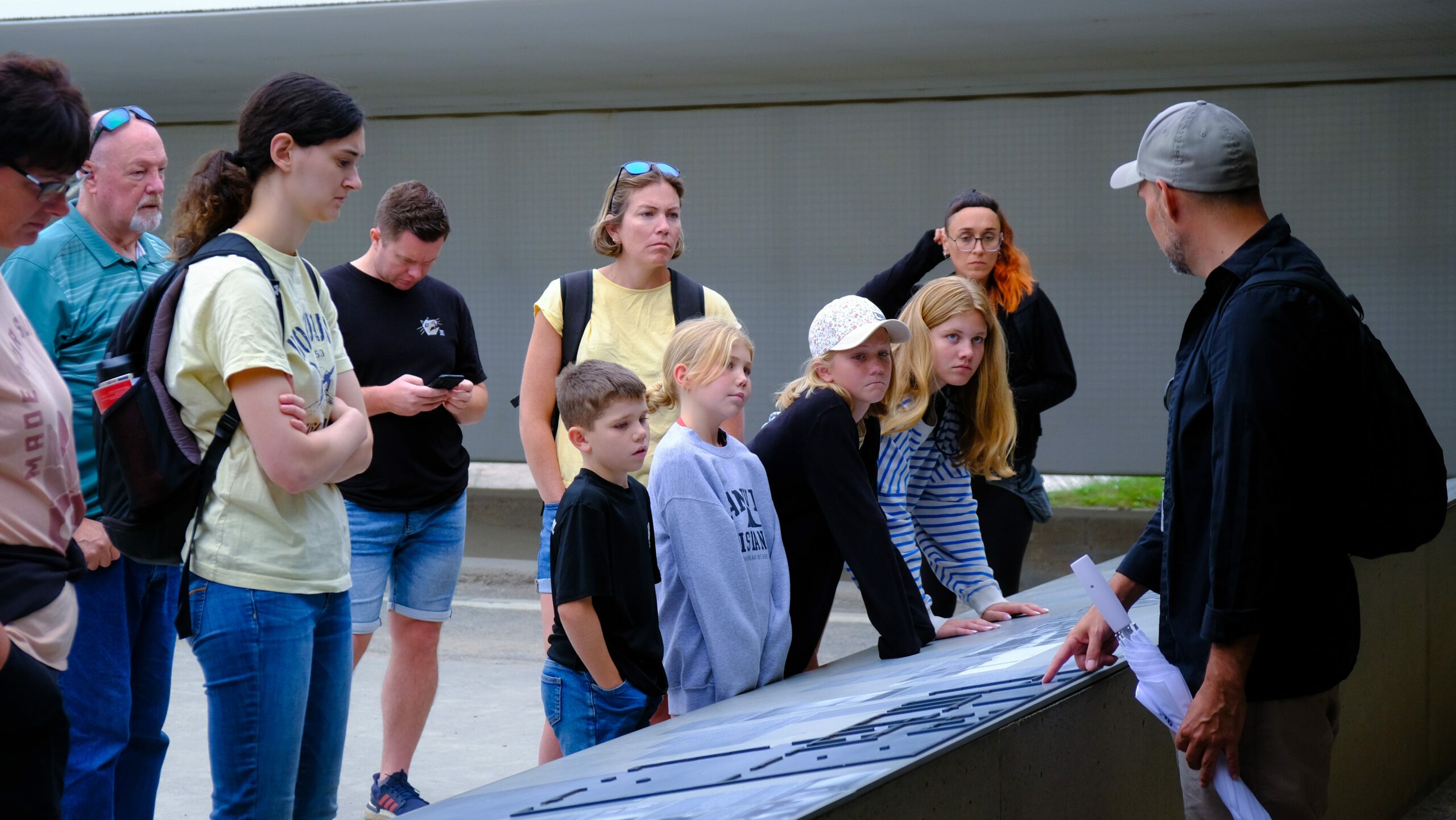Berlin residents preparing for a trip need to decide which prominent sites should become their main destinations. Look no further than Rotes Rathaus (City Hall) and Neptune Fountain. The historical architecture of Rotes Rathaus together with Neptune Fountain represents the essential cultural value of German capital. This blog describes why both Rotes Rathaus and Neptune Fountain stand out while giving important guidelines to follow when you visit.
1. Rotes Rathaus: A Glimpse into Berlin’s Political History
The red-brick exterior of Rotes Rathaus City Hall along with its remarkable architectural design serves as Berlin’s notable political representation. The city government stands within the Mitte district. The following information outlines everything essential about this historical building:
A. History
Rotes Rathaus originated from orders placed by Kaiser Wilhelm II in the latter part of the 19th century. Hermann Friedrich Waesemann designed Rotes Rathaus in Neo-Renaissance style when he created the building. The edifice managed to withstand the bombings of World War II before its restoration brought back its former majesty.
B. Architecture
Visitors need to spend time admiring the elaborate ornamentation of Rotes Rathaus. A 74-meter high central tower at Rotes Rathaus delivers complete city panoramas of Berlin. The reddish brickwork and the lavish statues create an imposing visual effect for the structure. At the entrance you must take a moment to admire both the renowned Berlin Bear statues.
C. Guided Tours
To gain extensive information about Rotes Rathaus history and operations you should take advantage of the guided tour options. The guided tours give visitors captivating research into Berlin’s political history which showcases its dual role between past and present times.
2. Neptune Fountain: A Majestic Water Feature
Visitors can find the Neptune Fountain near Rotes Rathaus which presents an impressive water feature at this location. The following reasons prove it makes the list of destinations you should not miss.
A. Mythological Symbolism
A statue depicting Roman sea god Neptune stands at the heart of Neptune Fountain. Throughout the late 19th century artist Reinhold Begas developed the fountain as an icon of Neptune to display his mastery of oceanic power. Various mythological creatures with sea nymphi appear throughout the surrounding sculptures to create a visually compelling display.
B. Historical Significance
Berlin’s historical transformation became a witness through the presence of the fountain. World War II decimated the city yet this monument managed to endure by undergoing restoration to return to its former condition. Today this fountain stands as an expression of urban fortitude and attracts people from the local community together with visitors who meet there.
C. Photo Opportunities
Visitors must remember to bring their cameras before coming to the Neptune Fountain. The grand statue and flowing water along with detailed sculptures form an attractive landscape. Take a few distinctive pictures that will make your tour irretrievable.
3. Planning Your Visit
These following suggestions will assist you in planning your trip to Rotes Rathaus and Neptune Fountain after you have determined they ought to be on your travel itinerary.
A. Accessibility
Public transportation provides easy access to both Neptune Fountain and Rotes Rathaus. Travel to Alexanderplatz using U-Bahn or S-Bahn services before walking to these destinations.
B. Opening Hours
People can observe Rotes Rathaus from its exterior anytime yet they must refer to the published schedules to see the interior spaces which are open to visitors during particular days. Review the official website since it contains the latest operational details. Visitors can freely observe the Neptune Fountain at any time of day since it remains accessible 24 hours a day.
C. Nearby Attractions
When visiting Rotes Rathaus together with Neptune Fountain make time to experience all the surrounding attractions. Berlin Cathedral together with Museum Island and Brandenburg Gate lie in close proximity to one another and expand the visitors’ knowledge of Berlin’s cultural and historical heritage.
Rotes Rathaus along with Neptune Fountain makes up a Berlin travel must-see that offers genuine German experiences to visitors. Experience historic and architectural greatness while you enjoy the dynamic spirit of these signature Berlin sites. The strategic planning of your Berlin journey will result in unforgettable memories during your visit.
Table of Contents




